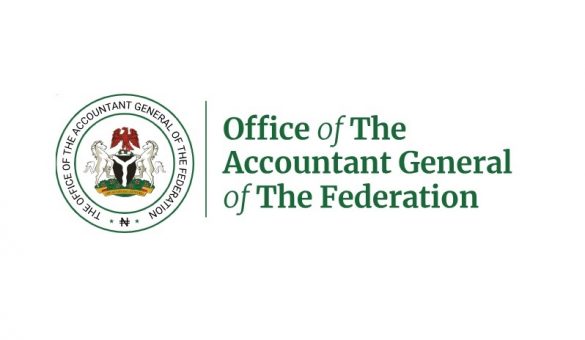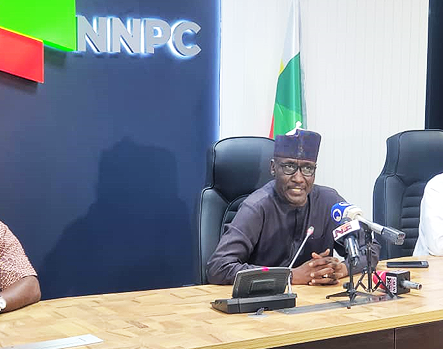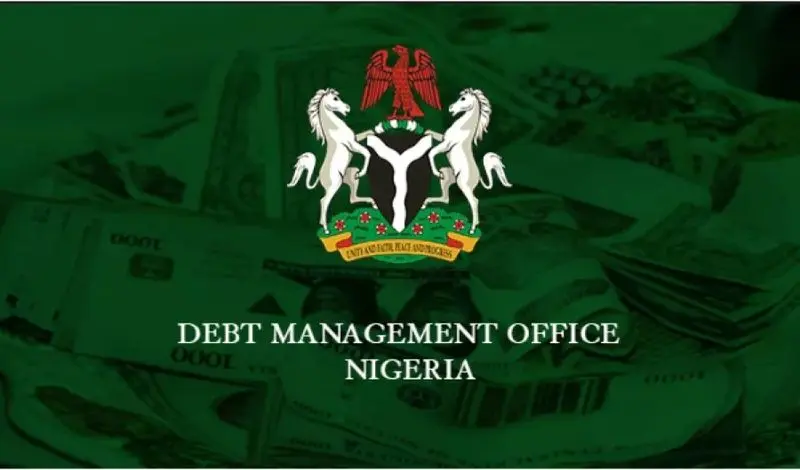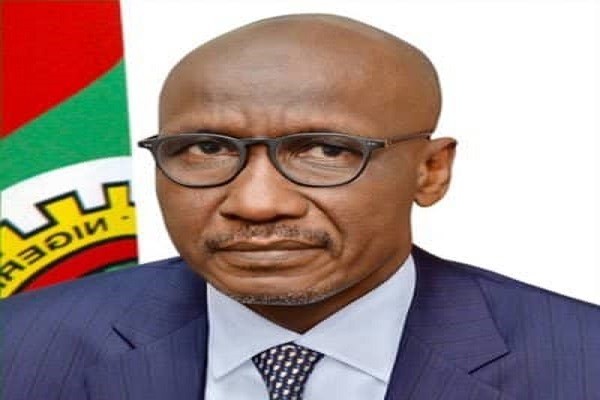States Receive ₦1.6tn for Infrastructure from FG, Civil Society Alleges Misuse of Funds
State governments and the Federal Capital Territory have received a total of ₦1.6 trillion from the Federal Government between March 2024 and May 2025, earmarked for critical infrastructure and security projects. This disbursement, drawn from non-oil revenue savings, was confirmed through documents from the Office of the Accountant-General of the Federation (OAGF) presented during the May 2025 FAAC meeting.
The financial support, under a special intervention programme, is part of the Infrastructure Support Fund (ISF) introduced in July 2023 following President Bola Tinubu’s approval. The programme is intended to cushion the impact of fuel subsidy removal and stimulate development across states in sectors like transportation, healthcare, education, and agriculture.
According to the OAGF’s internal ledger titled “Savings on Intervention to States Infrastructure and Security,” a total of 21 payments were made to the states and FCT within 15 months, leaving ₦100 billion in the account as of May 16, 2025. The payments ranged from ₦100 billion monthly to a peak of ₦222 billion in May 2024.
Despite the scale of the disbursement, the breakdown of how much each state received remains undisclosed. The funds were recorded separately from the regular monthly revenue allocations, with each transaction labelled “Payment for Intervention to States and FCT,” funded through “Transfer from Non-Oil Savings.”
While the FG describes the intervention as a structured effort to close infrastructure gaps and address insecurity, questions have emerged over the effectiveness and transparency of the fund’s utilisation.
Executive Director of the Civil Society Legislative Advocacy Centre (CISLAC), Auwal Rafsanjani, criticised the handling of the ₦1.6tn, stating that the funds have not made any visible difference in addressing the country’s infrastructural or security challenges. According to him, the current political climate prioritises election preparation over meaningful development.
“We are in the era of financial recklessness and collapse of responsible governance. There is no accountability in how this huge amount has been used,” Rafsanjani told The Punch. “If ₦1.6tn had been judiciously spent, we would see clear improvements in public infrastructure and security nationwide.”
Rafsanjani further expressed concern that the real intention behind such massive disbursements may be linked more to political self-interest and election funding ahead of 2027, rather than improving the lives of Nigerians.
Although the FG maintains that the fund is part of broader efforts to stabilise state finances and stimulate the economy, growing calls from civil society highlight the need for greater transparency and public disclosure on state-level spending.
As the country continues to grapple with high inflation, unemployment, and widespread insecurity, many citizens are demanding proof that public funds are delivering real benefits, especially with ₦1.6tn already spent under a special intervention meant to ease suffering and boost local development.
















